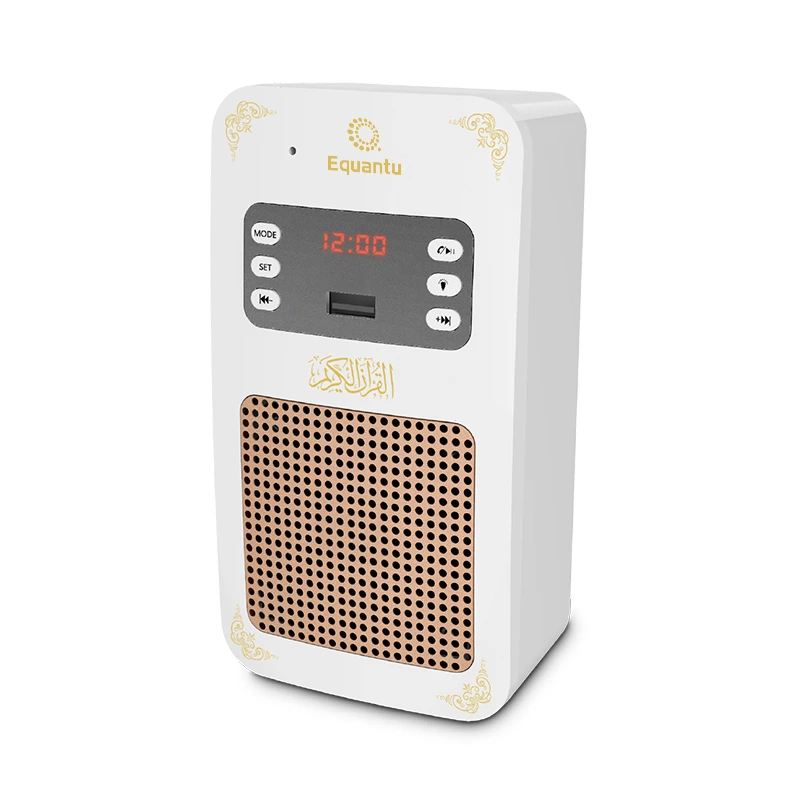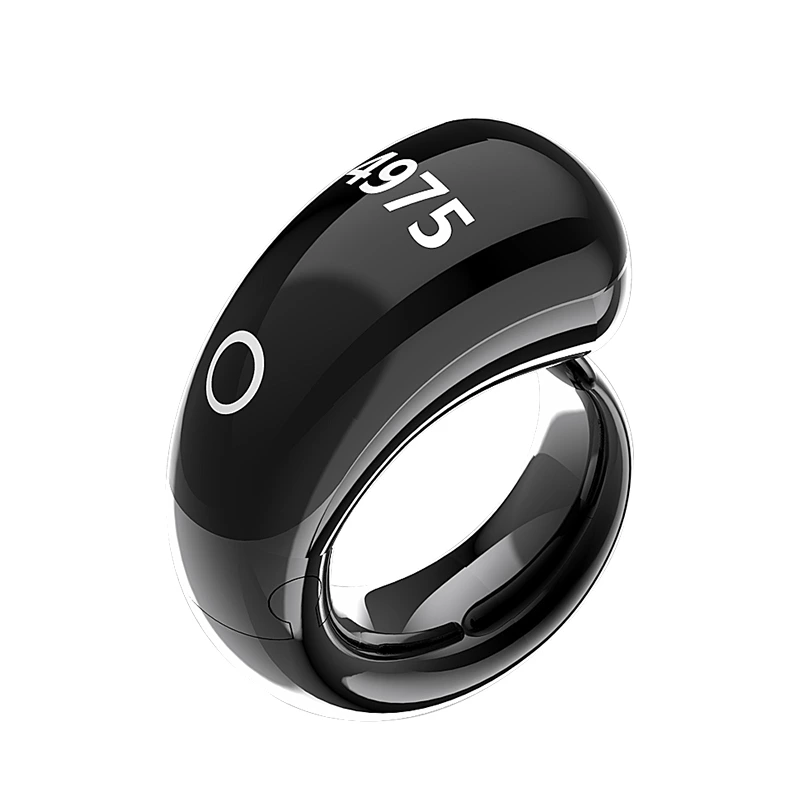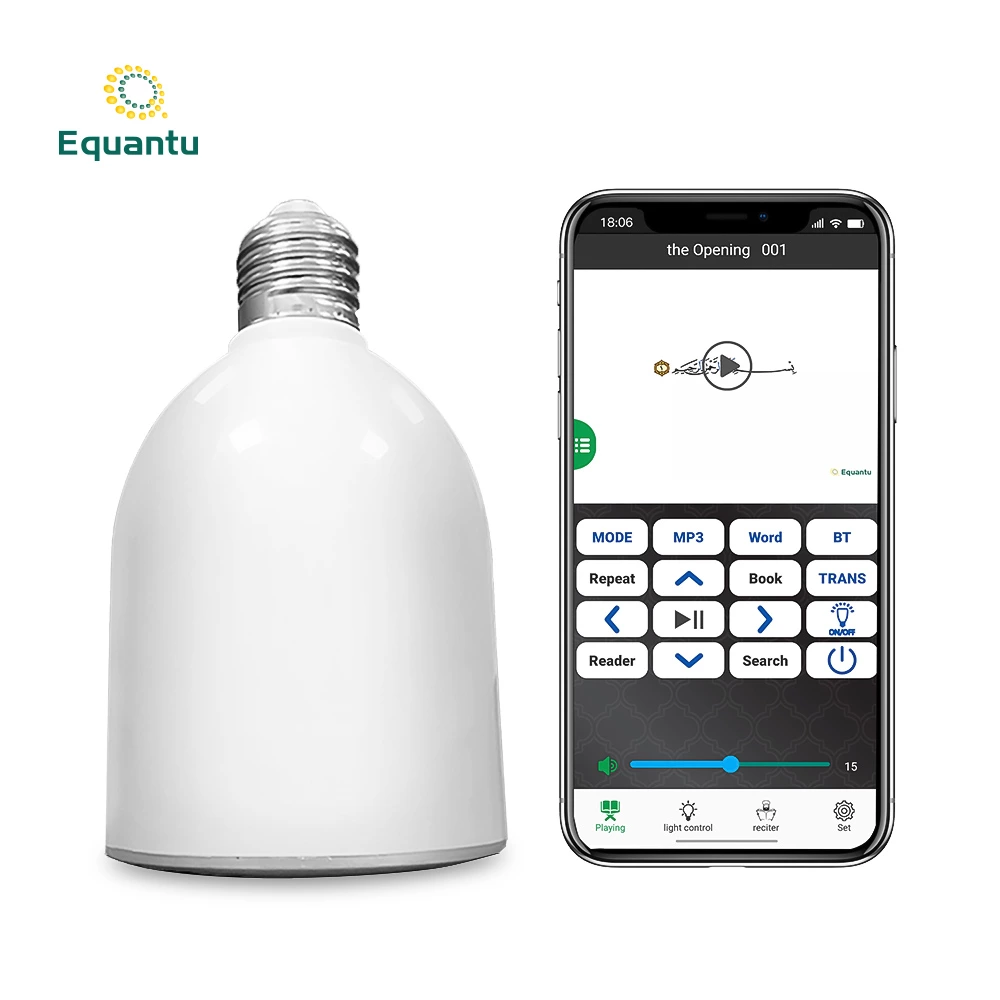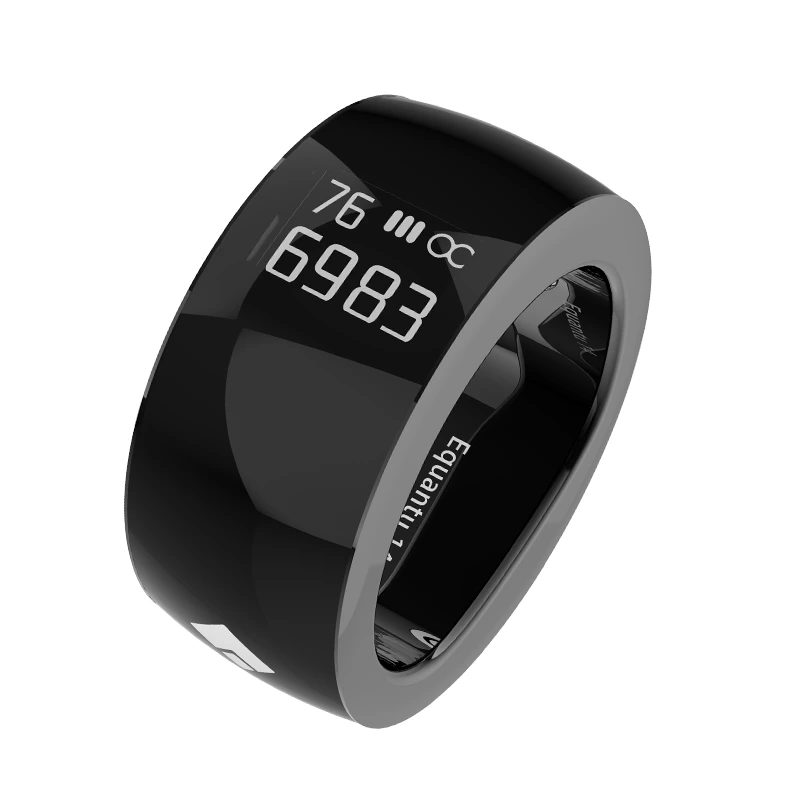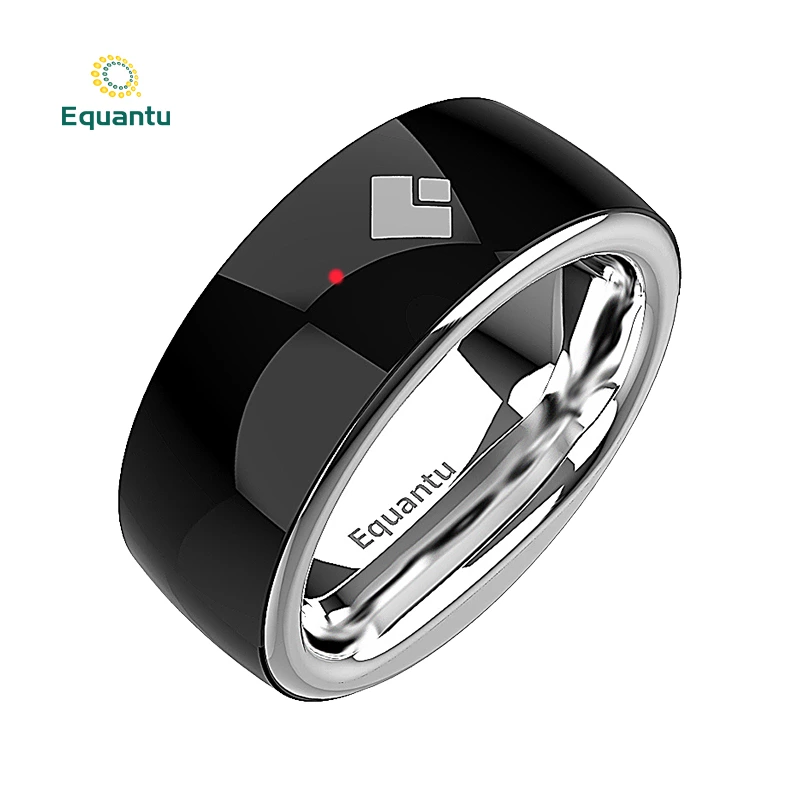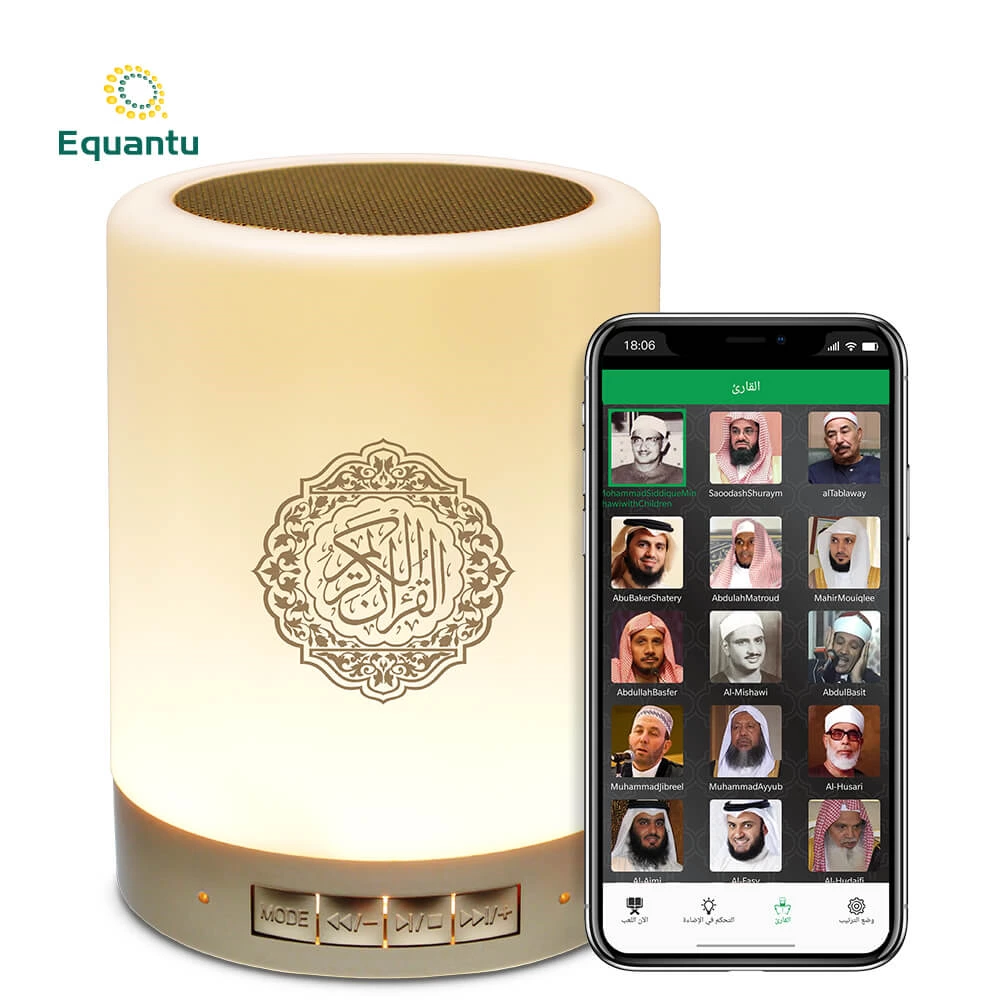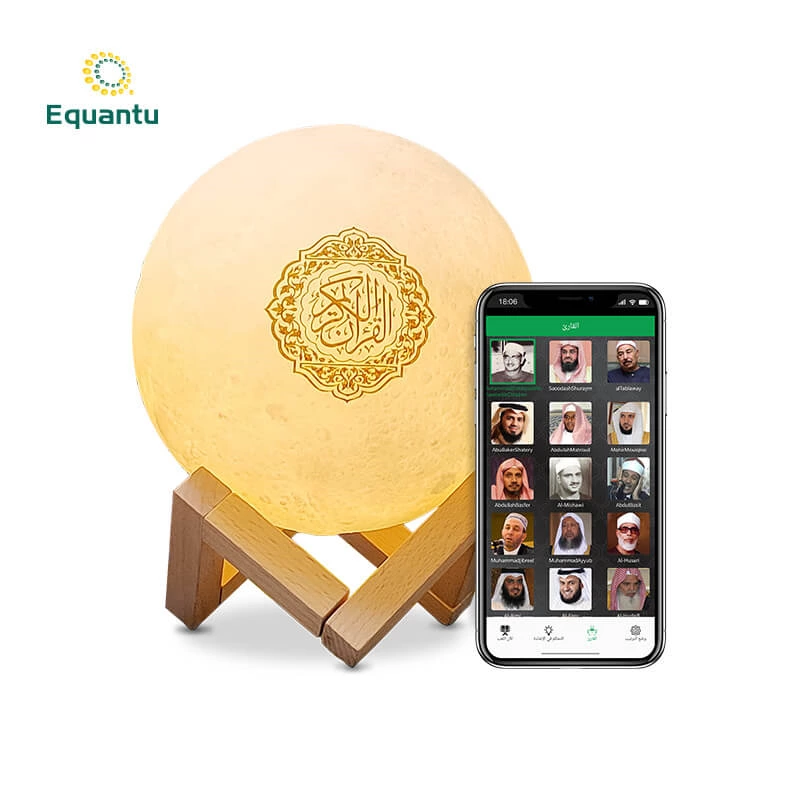Interest (Riba)
One of the most significant prohibitions in Islamic finance and business is the concept of Riba, commonly understood as interest:
"Those who consume interest cannot stand [on the Day of Resurrection] except as one stands who is being beaten by Satan into insanity." (Surah Al-Baqarah 2:275)
Implications:
- Avoiding Interest-Based Loans: Muslims are encouraged to engage in profit-sharing and equity-based financing instead of taking or giving interest.
- Halal Investments: Investing in Shariah-compliant ventures that do not involve interest or unethical practices.
Gambling (Maisir) and Speculation (Gharar)
Gambling and excessive speculation are prohibited in Islam as they involve elements of chance and uncertainty:
"O you who have believed, indeed, intoxicants, gambling, [sacrificing on] stone alters [to other than Allah], and divining arrows are but defilement from the work of Satan, so avoid it that you may be successful." (Surah Al-Ma'idah 5:90)
Implications:
- Avoiding Uncertainty: Engaging in business practices that involve excessive risk and uncertainty is discouraged.
- Ethical Trading: Focusing on transparent and clear transactions to minimize ambiguity and deception.
Deception and Fraud (Taghir)
Deception and fraud are strictly prohibited in Islamic business ethics:
"And do not consume one another's wealth unjustly or send it [in bribery] to the rulers in order that [they might aid] you [to] consume a portion of the wealth of the people in sin, while you know [it is unlawful]." (Surah Al-Baqarah 2:188)
Implications:
- Honest Representation: Ensuring that all product descriptions and business dealings are truthful and transparent.
- Fair Trade Practices: Avoiding any form of deceit, whether in advertising, pricing, or negotiations.
Exploitation and Oppression (Zulm)
Exploitation and oppression of others, whether employees, customers, or business partners, are forbidden:
"And do not consume one another's wealth unjustly or send it [in bribery] to the rulers in order that you may consume a portion of the wealth of the people in sin, while you know [it is unlawful]." (Surah Al-Baqarah 2:188)
Implications:
- Fair Wages: Providing fair and just compensation to employees.
- Ethical Labor Practices: Ensuring safe and respectful working conditions for all staff members.
Intoxicants and Haram Goods
Engaging in the sale or distribution of intoxicants and other haram (forbidden) goods is strictly prohibited:
"They ask you about wine and gambling. Say, 'In them is great sin and [yet, some] benefit for people. But their sin is greater than their benefit.'" (Surah Al-Baqarah 2:219)
Implications:
- Halal Products: Ensuring that all products and services offered are halal and free from any haram elements.
- Ethical Supply Chains: Collaborating with suppliers who adhere to halal standards.
Integration with Modern Islamic Products
Modern Islamic products like Quran speakers and Zikr rings can play a pivotal role in reinforcing ethical standards and discouraging prohibited practices in business:
- Quran Speakers: Installing Quran speakers in business premises can remind employees and customers of the importance of honesty, fairness, and avoiding unethical practices.
- Zikr Rings: Wearing Zikr rings can serve as personal reminders to adhere to Islamic ethics, promoting mindfulness and ethical behavior in all business interactions.
Conclusion
Understanding and avoiding prohibited practices in Islamic business ethics is essential for Muslims striving to conduct commerce with integrity and moral responsibility. By steering clear of Riba, gambling, deception, exploitation, and haram goods, Muslims can build successful and ethically sound businesses. Integrating modern Islamic products like Quran speakers and Zikr rings into the business environment further reinforces these ethical standards, creating a workplace that upholds the highest moral values.

